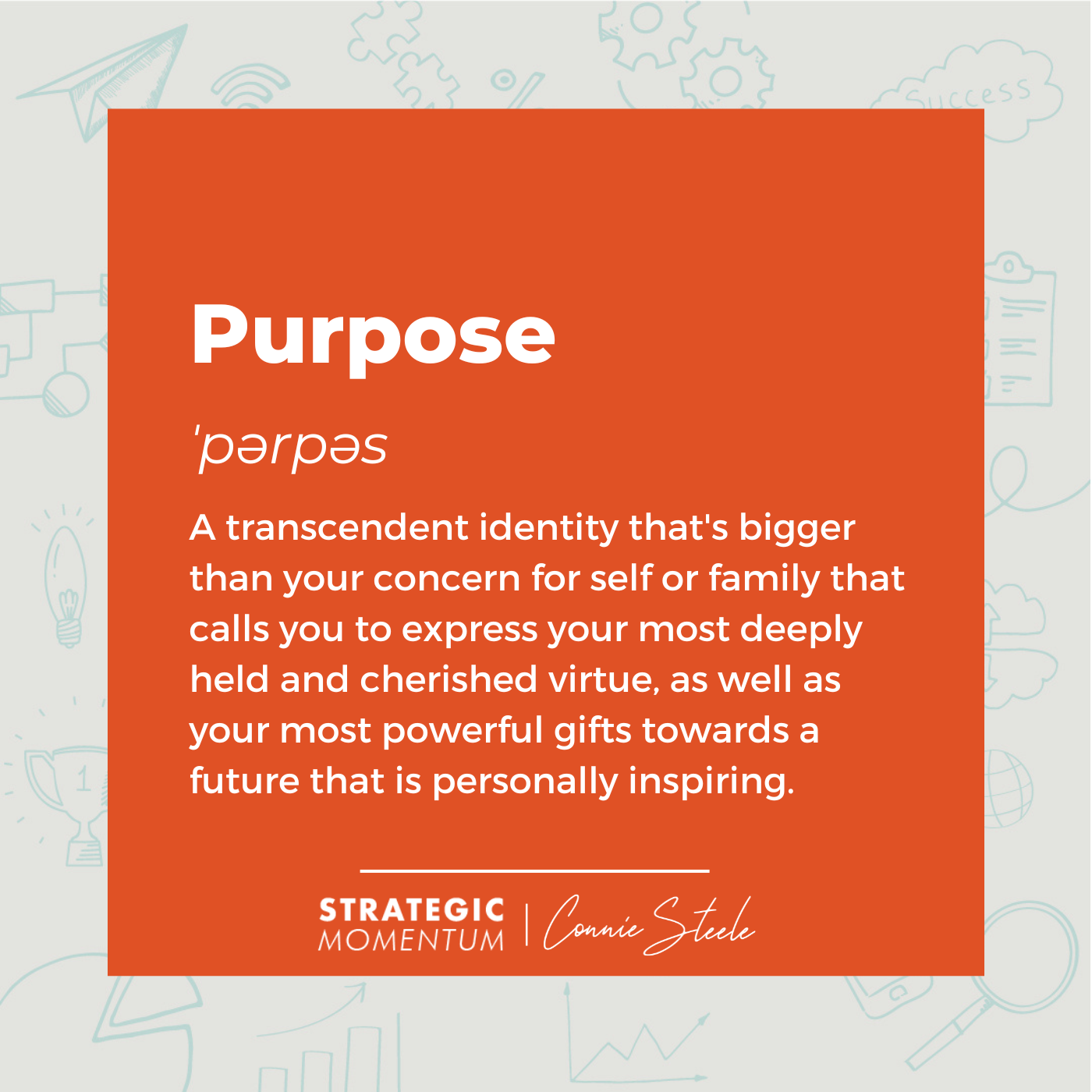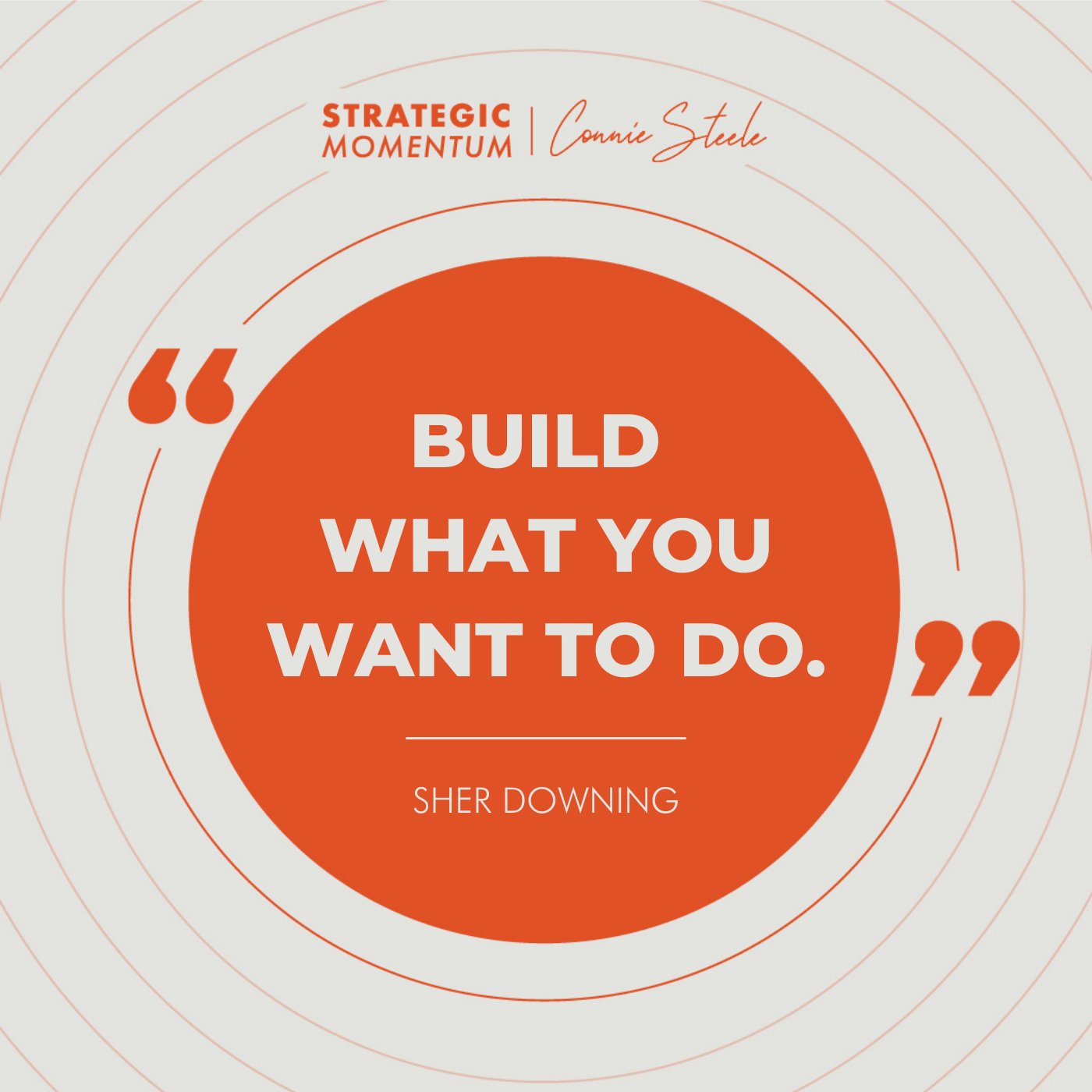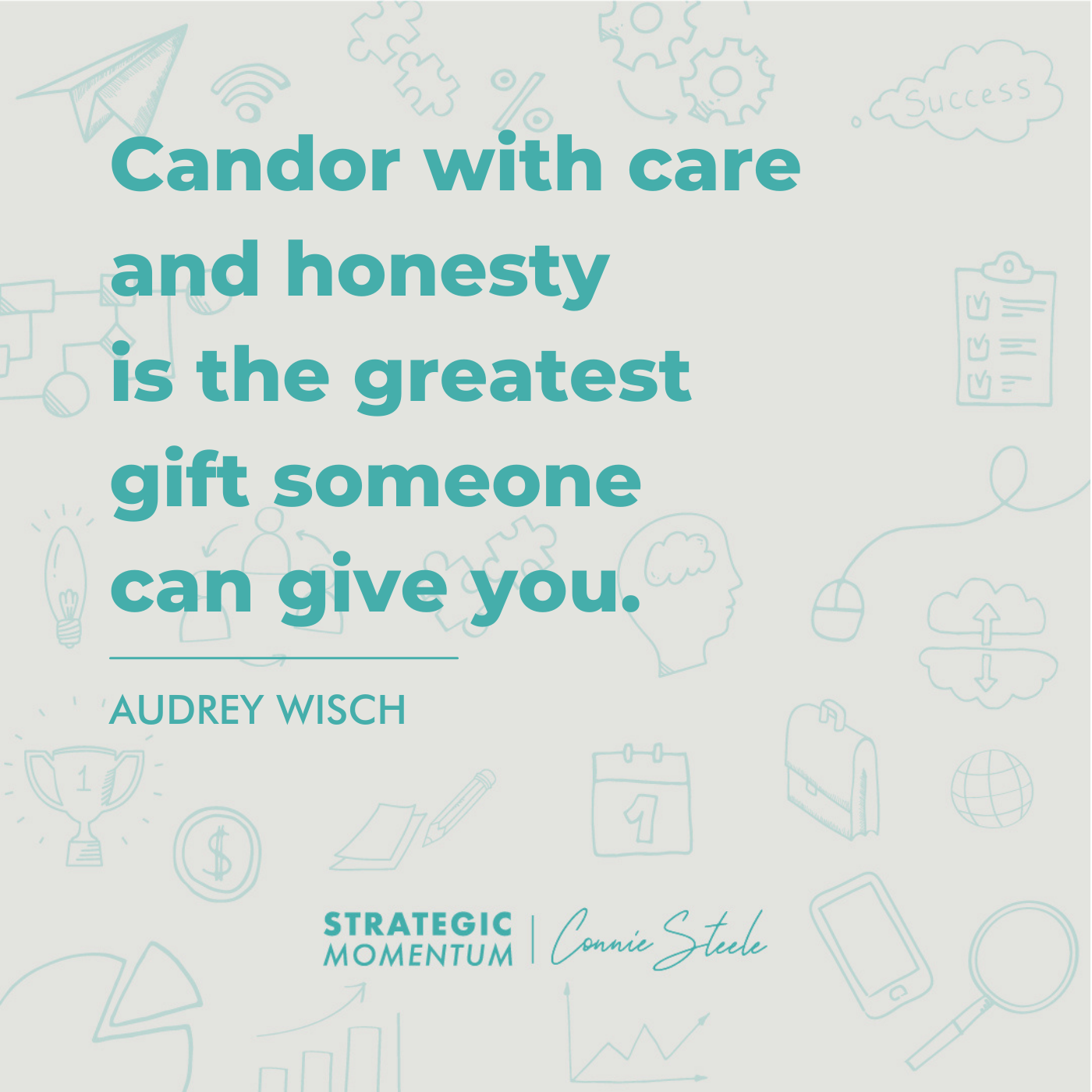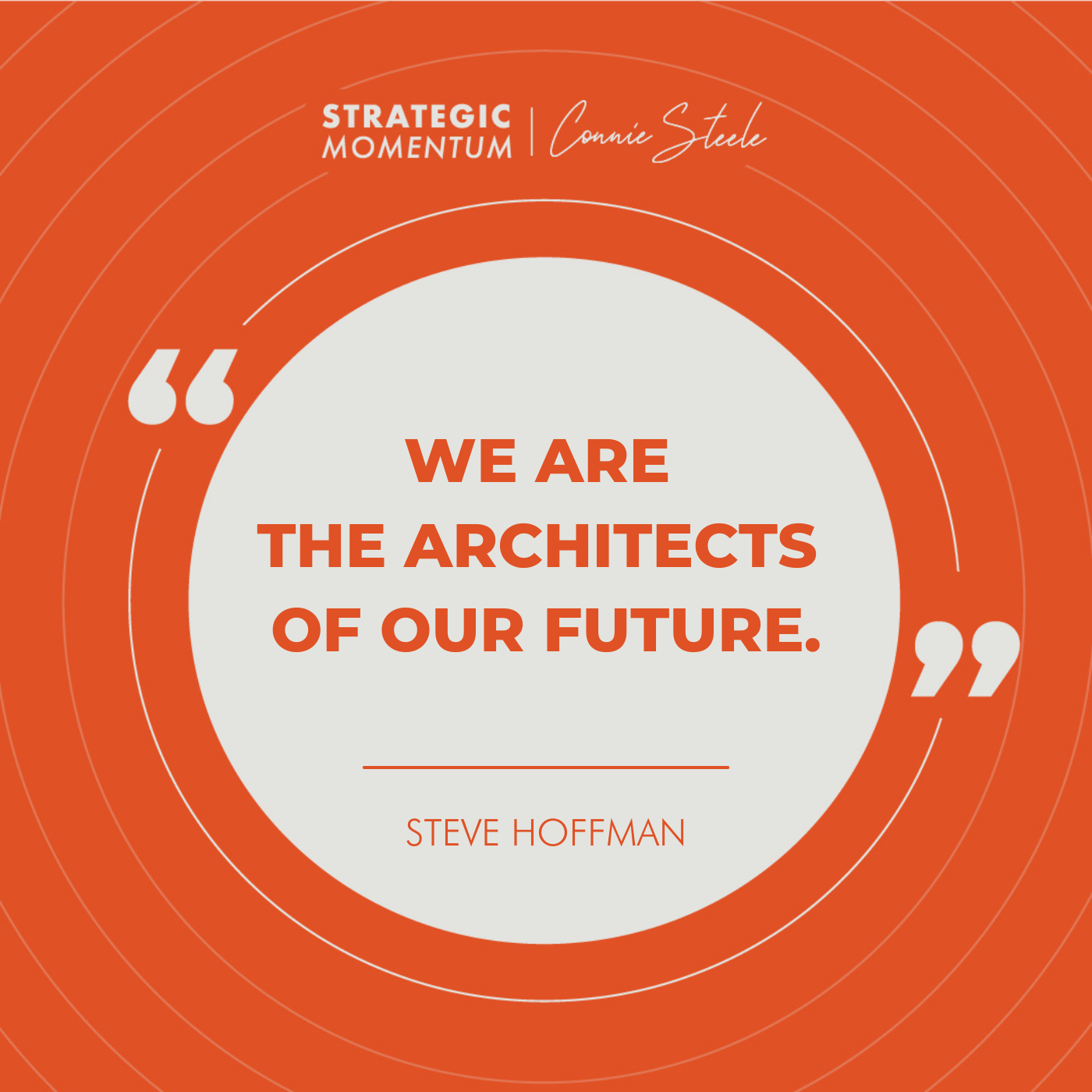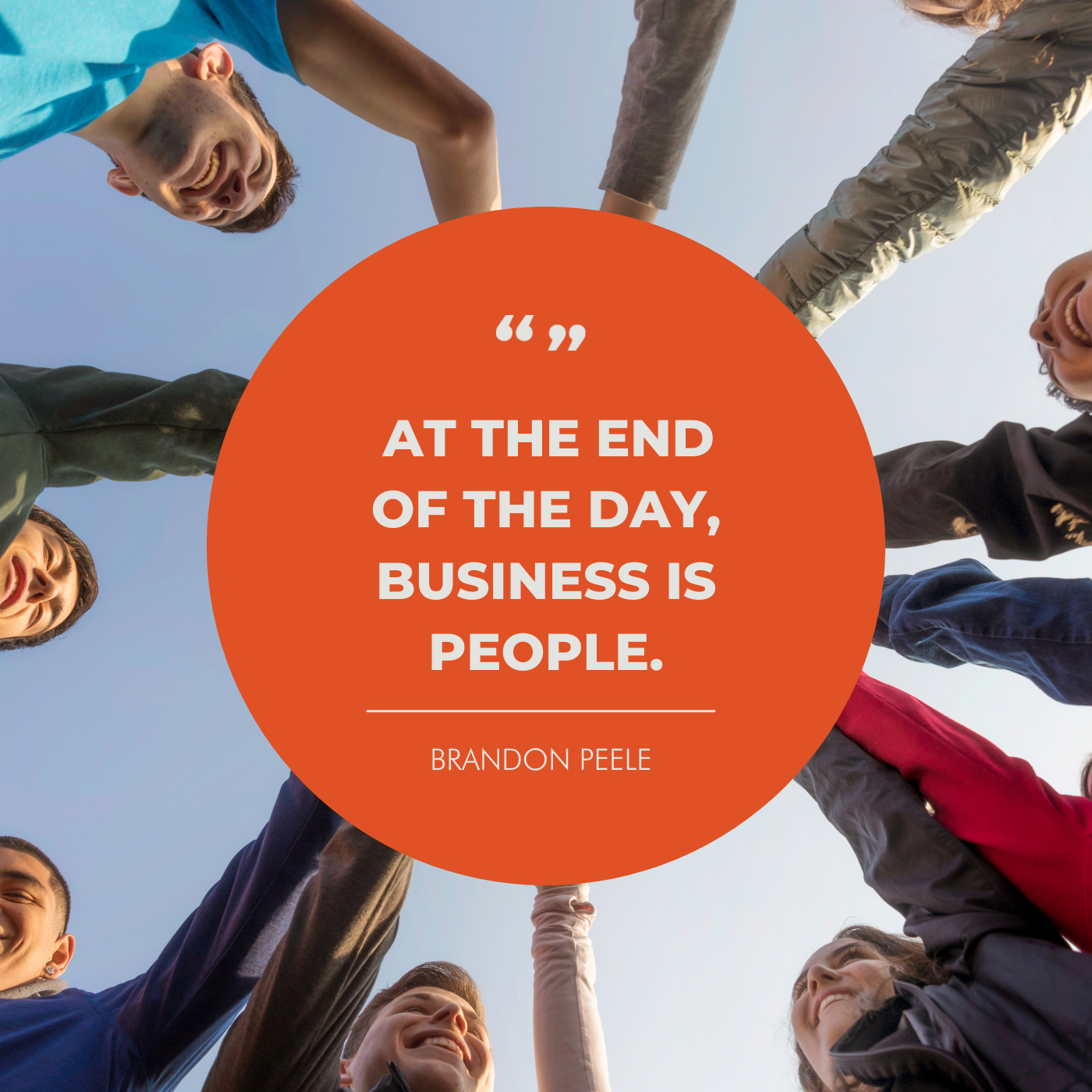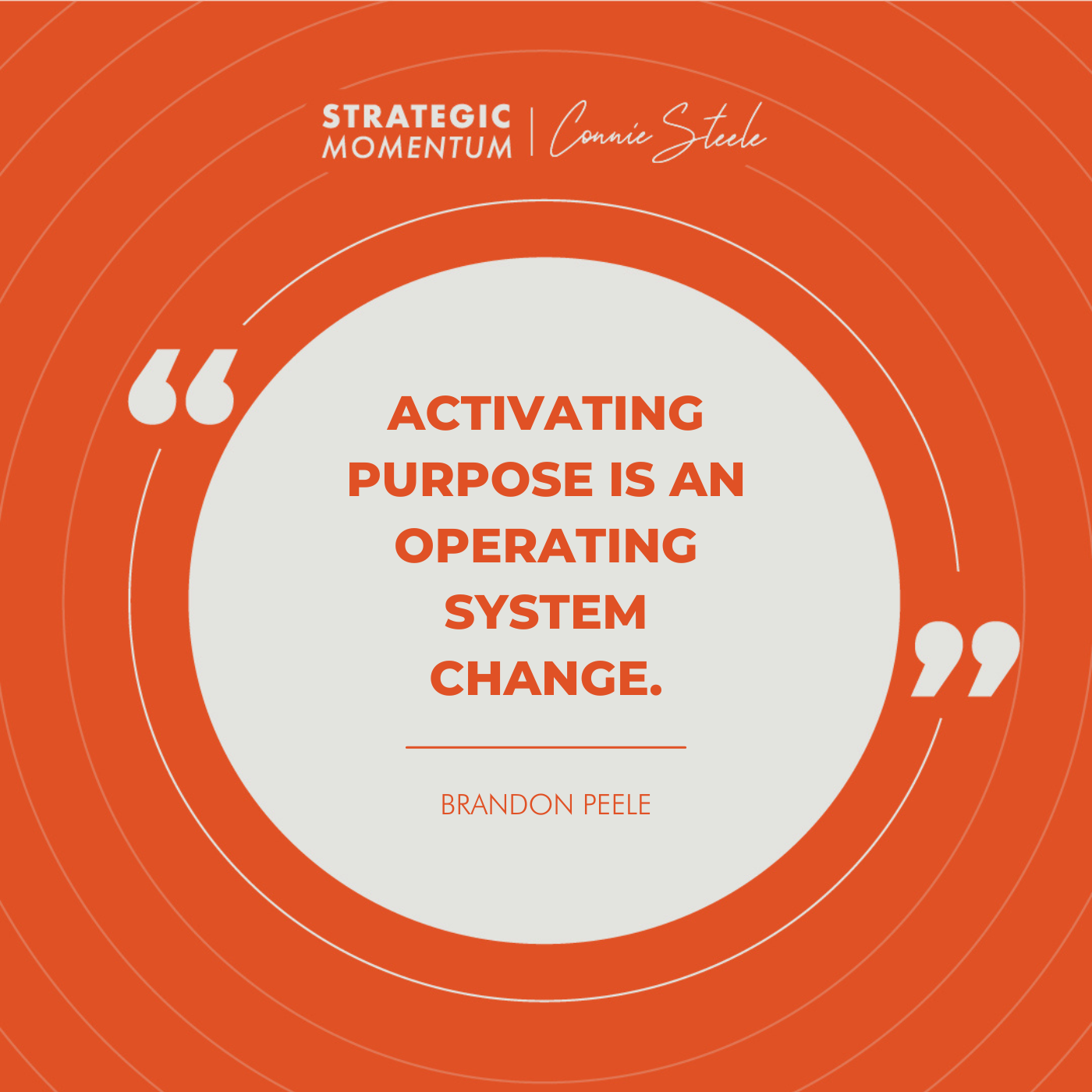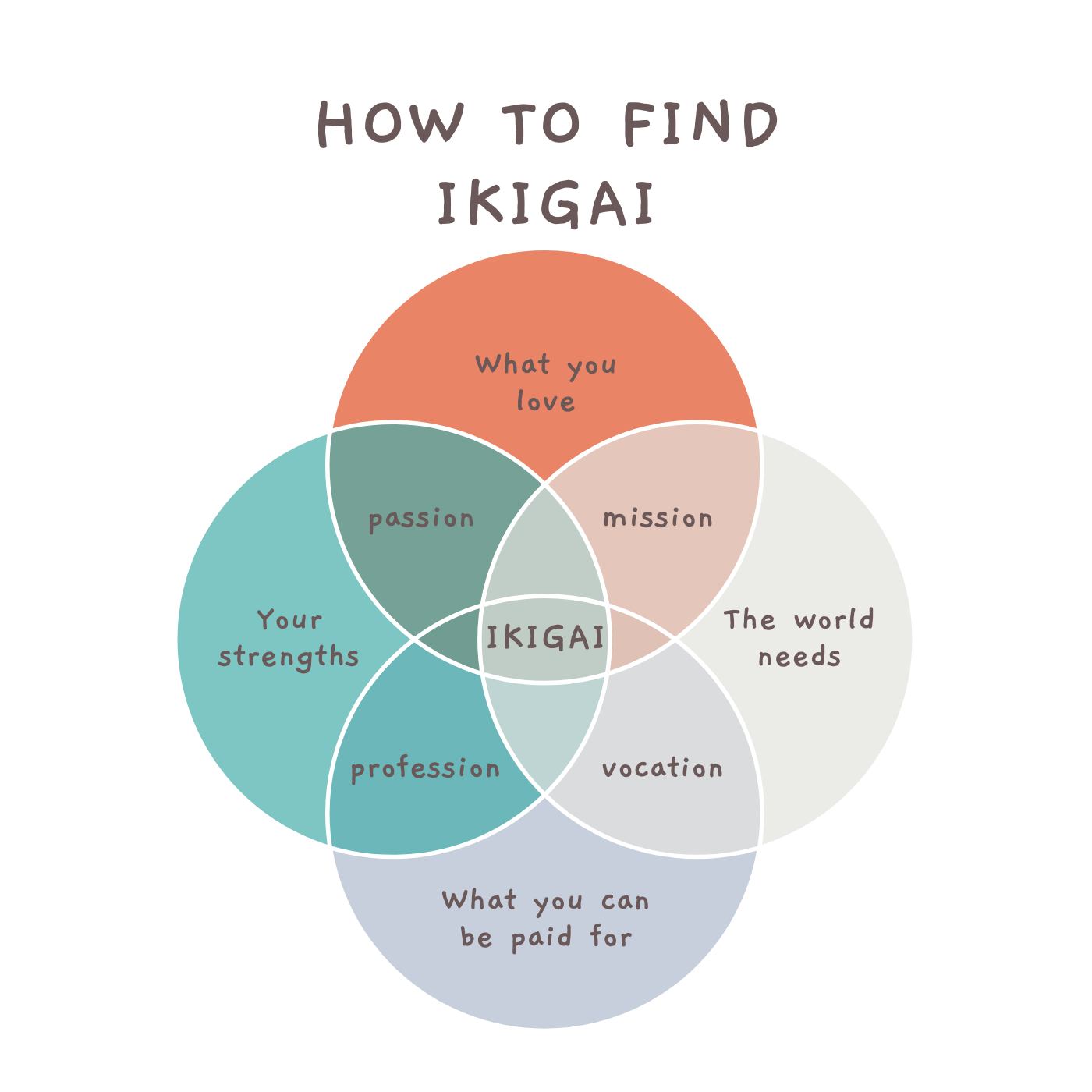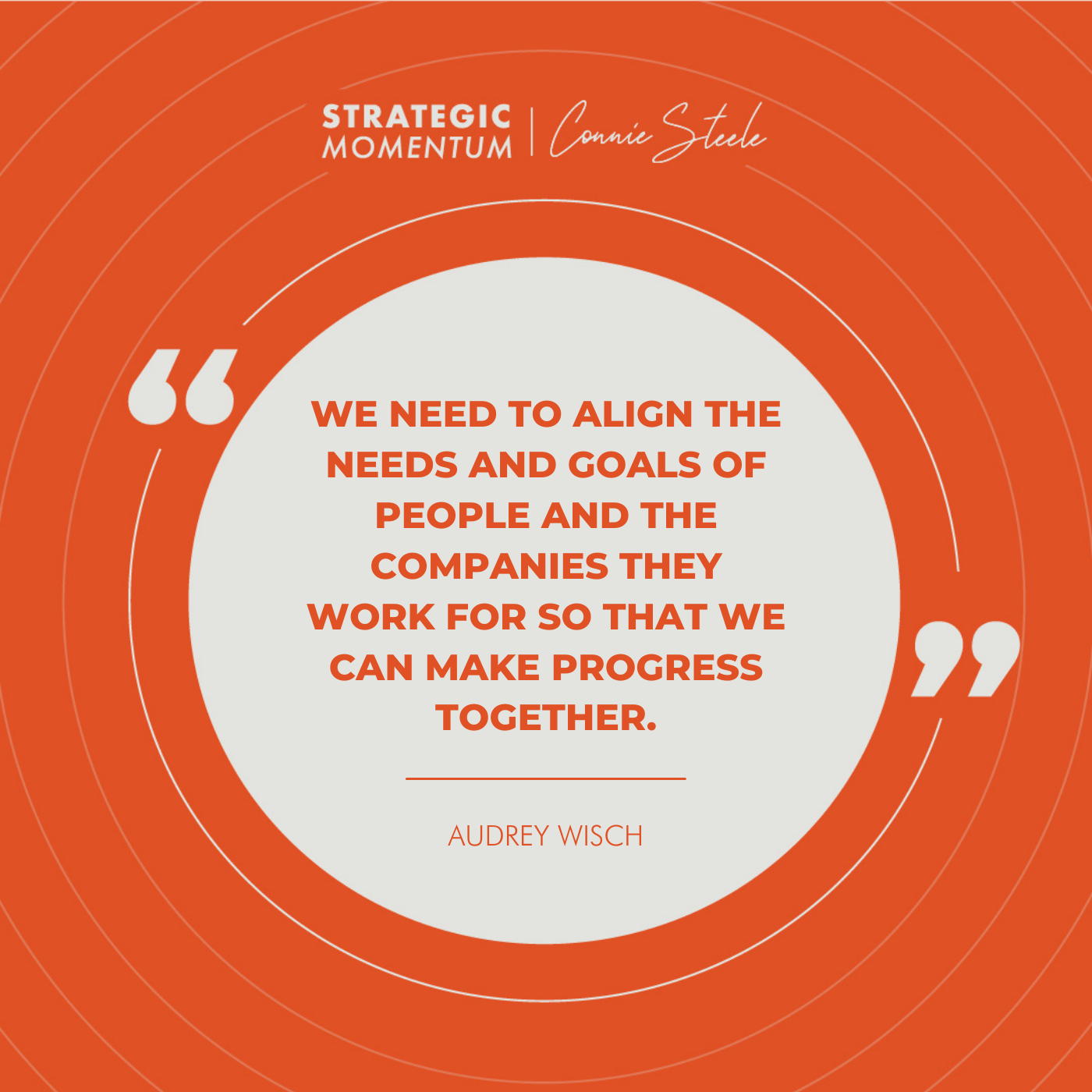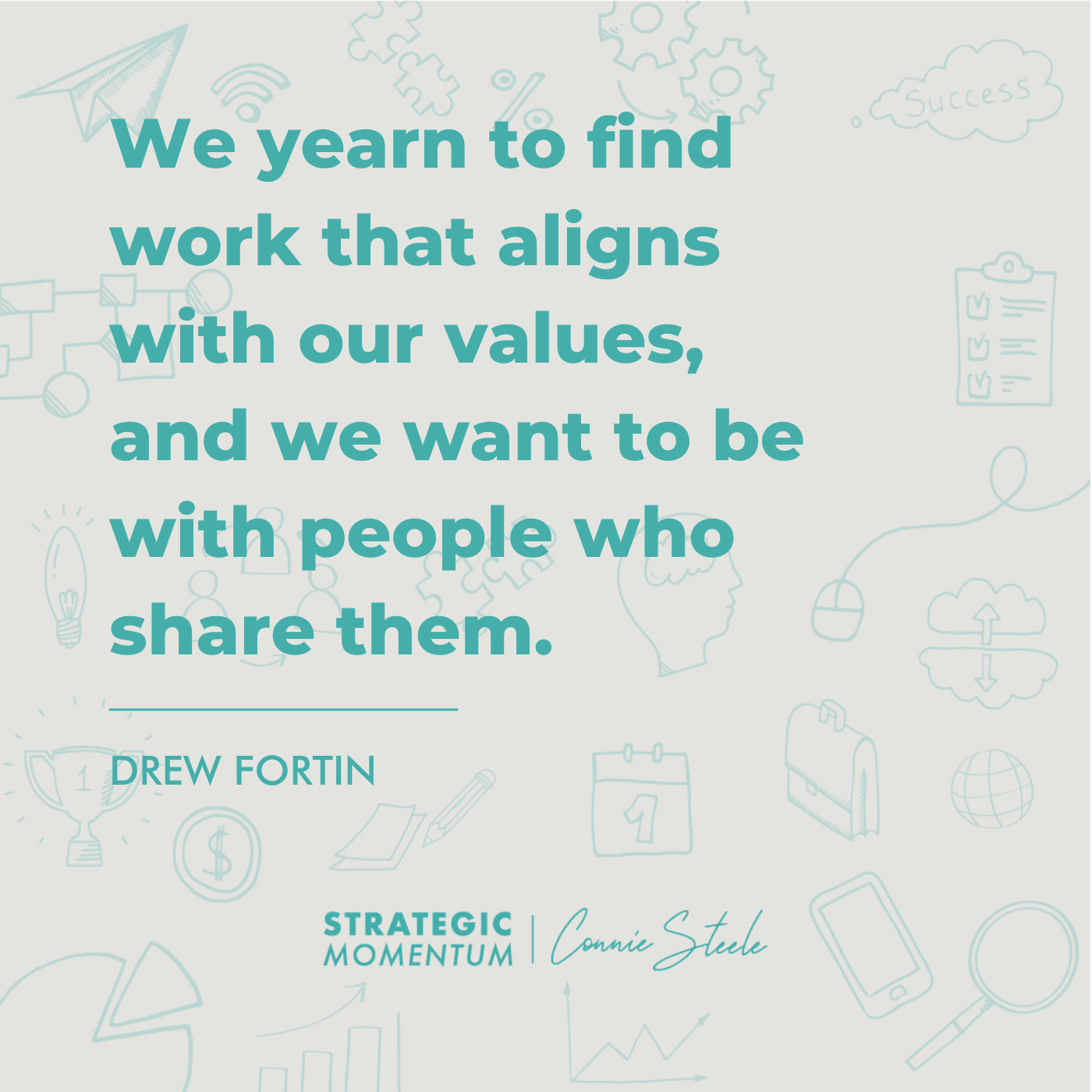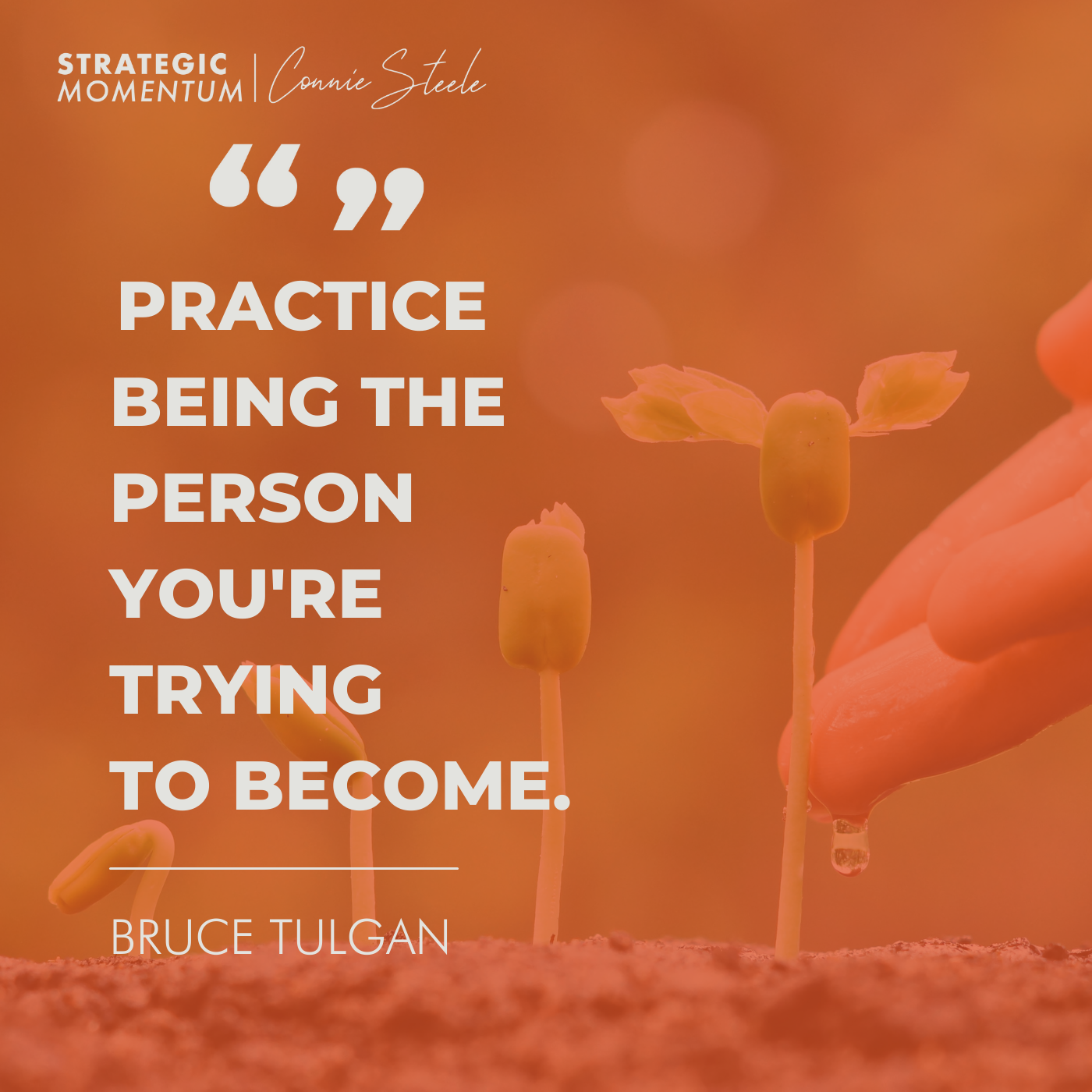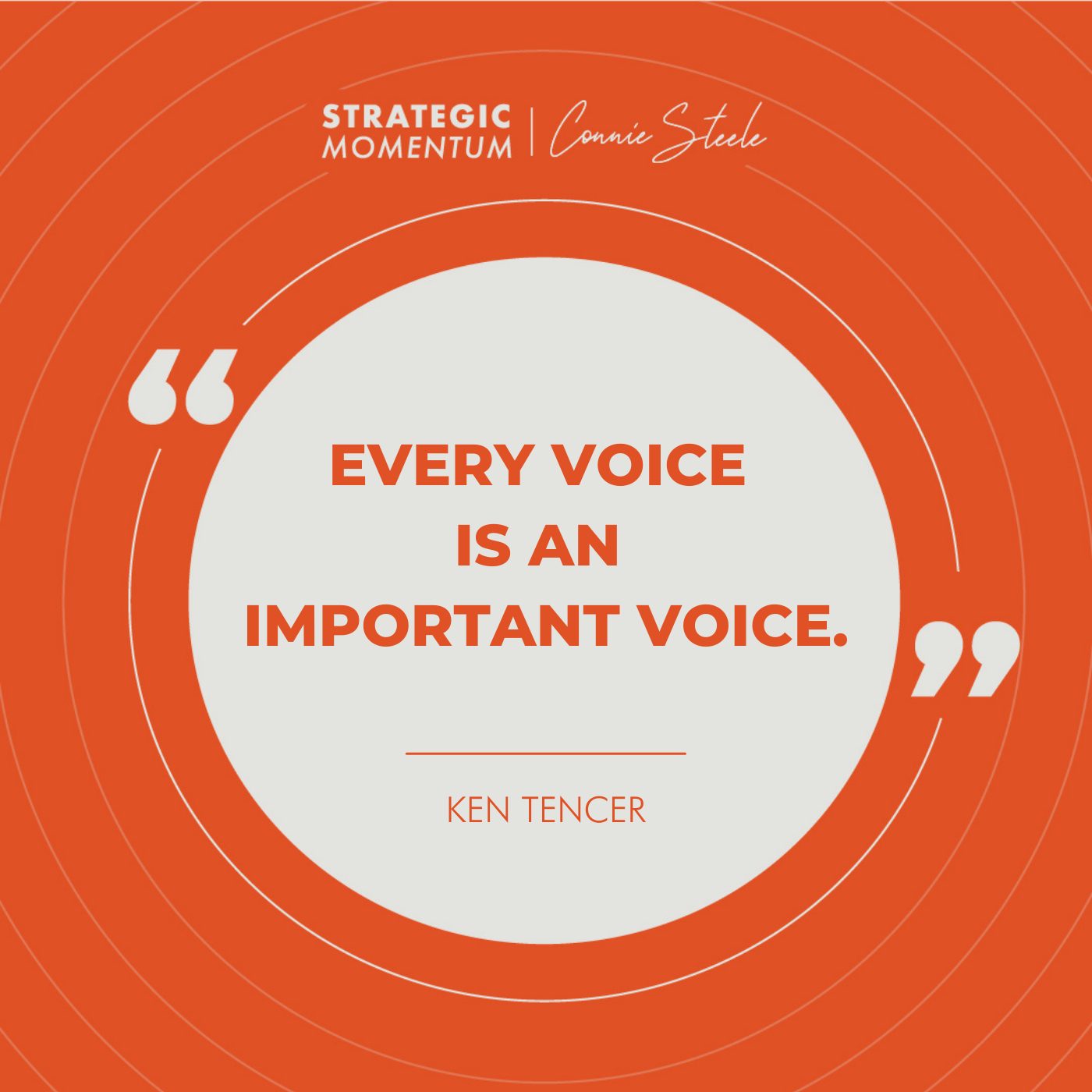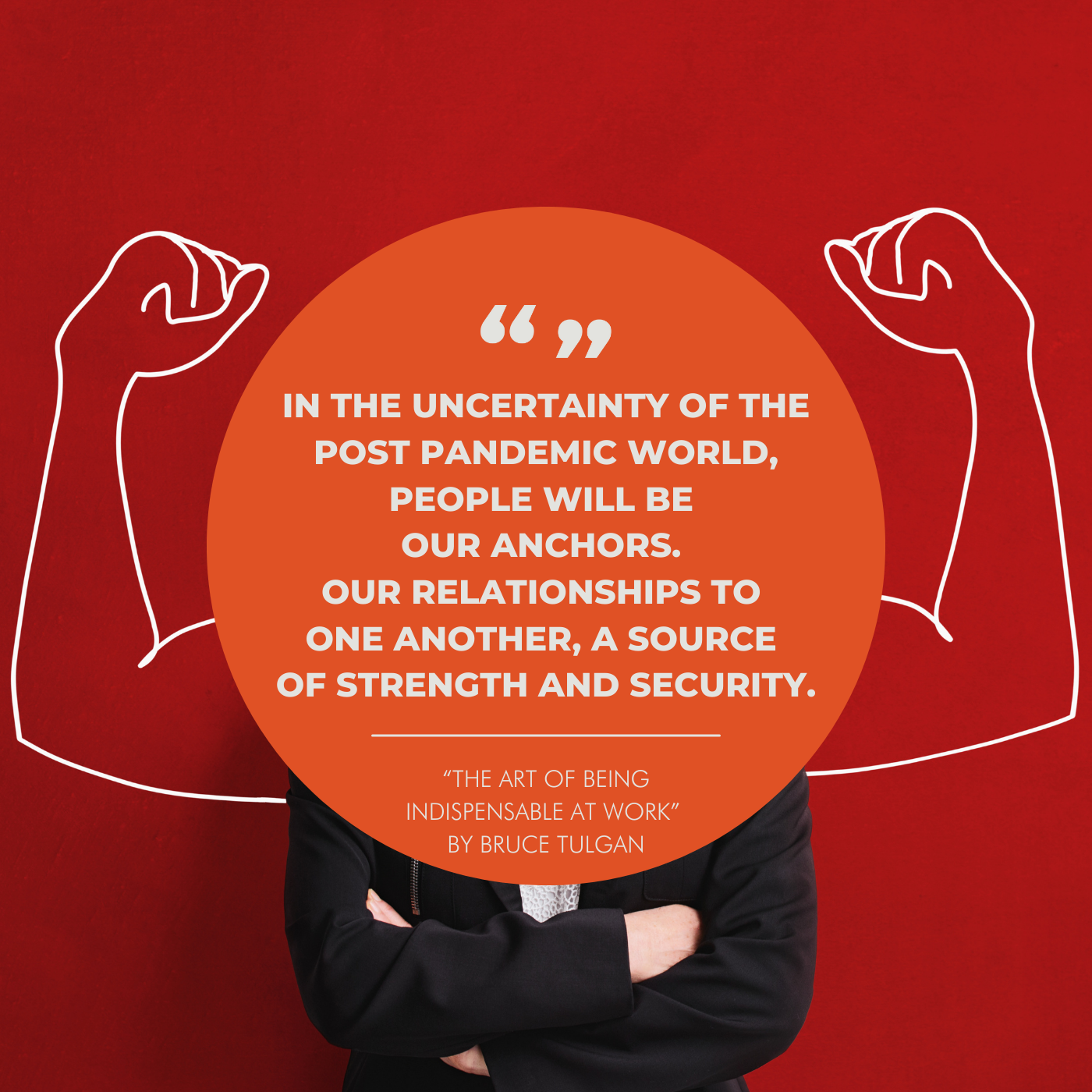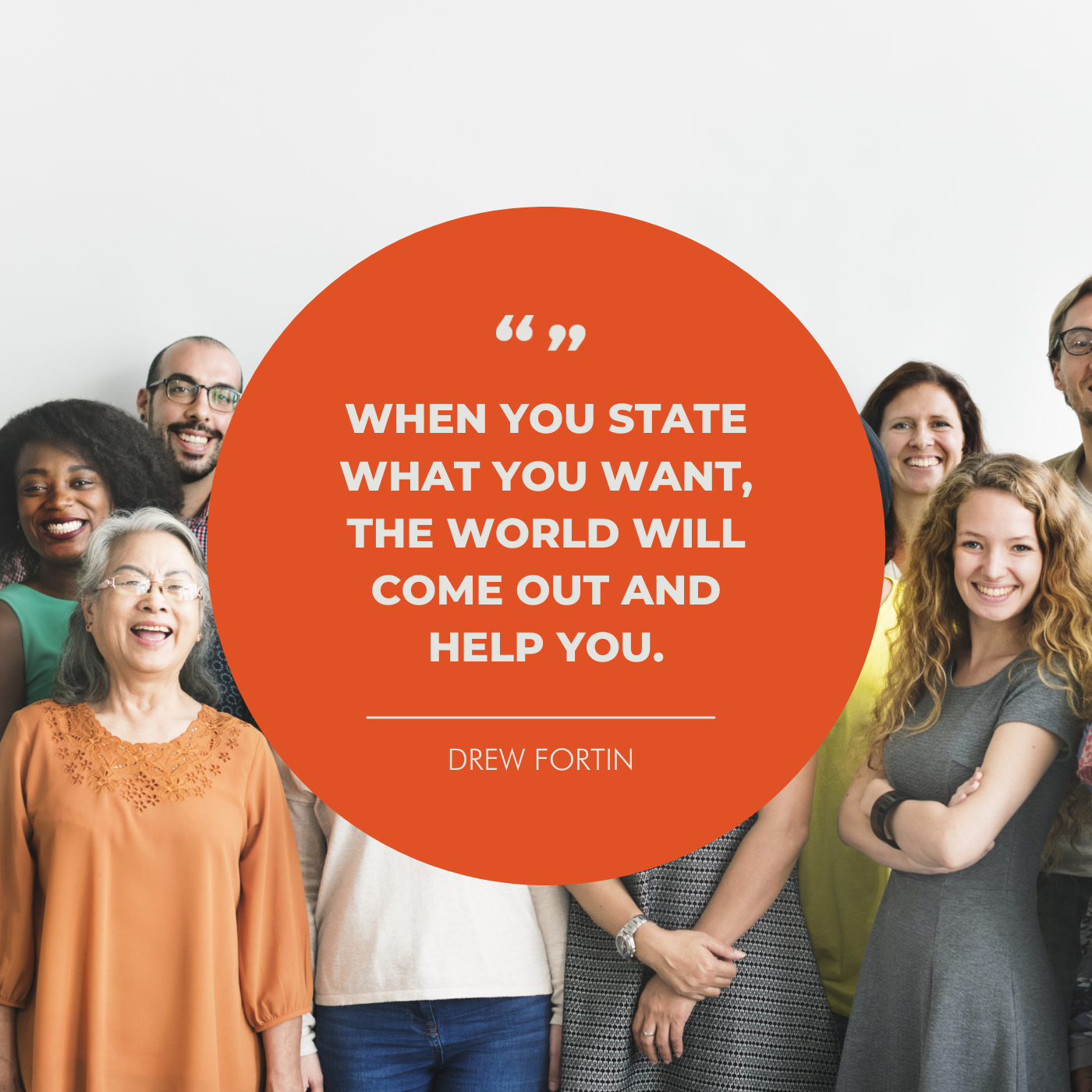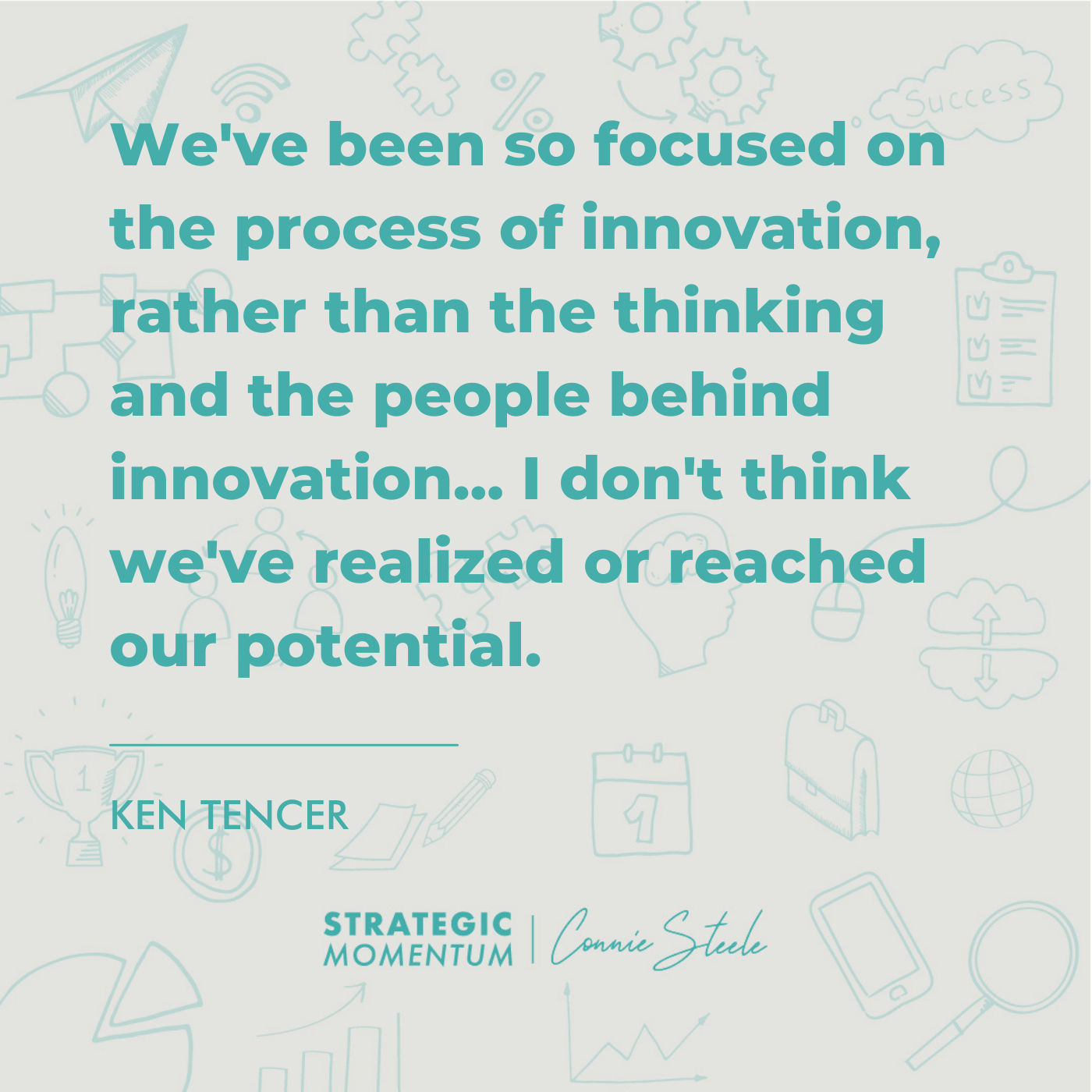Ep. 133 - Co-Creating the Future of Work: Season 9 Finale
Find Us Wherever You Listen To Podcasts
My goal with this season was to examine our roles, as both business leaders and people who work, in shaping the future of work.
So I started the season by sharing some definitions of the future of work that thought leaders and workforce organizations have come up with. They all share a lot in common, but in general, these definitions are passive; they imagine the future of work as a thing that is going to happen to work, workers, and organizations that we need to figure out how to respond to.
I didn't agree with that then, and after having these conversations, I'm even more confident; The future of work will be a result of the choices and decisions that people, organizations, and governments make today.
I think it is critical to acknowledge that we are not passive participants in this process — both individuals and organizations are co-creating the future of work.
Key Takeaways:
We have the ability and opportunity to imagine a world where things are better than they are now, but we have to actually do something to make that happen.
The employer-employee relationship is broken. And business leaders are going to have to take the lead in repairing it. We're the ones who set the standard. We're the ones who choose where, when, and how people are allowed to work. We're the ones who role model behaviors.
The first step towards fixing the employer-employee relationship is listening to the voice of the workforce. They will tell you what they want and need if you ask and listen.
Fundamentally, the answer to almost every Future of Work problem is understanding what workers want, and understanding that it changes on an individual level and over time.
Purpose, meaning, and fulfillment are increasingly centered in people’s careers, especially for younger generations. So that's where organizations need to meet people.
On an individual level, if you are trying to define and communicate your purpose, a good place to start is by thinking about the Japanese concept of Ikigai, which translates to something like “a reason for being.” It is, in essence, a way to approach living life with more meaning and fulfillment. It has slowly grown in popularity in the West, where it’s usually introduced as the intersection of four questions: What are you good at? What do you love? What does the world need? What can you be paid to do?
Too many conversations about the future of work don’t include Gen-Z voices. These are the people who will inherit the future that we create. They deserve to be heard and understood even if they largely aren't the ones who will be making these decisions.
I think a lot of people are underestimating Gen-Z and what they bring to the table. But I think Roberta Katz, the senior research scholar at Stanford’s Center for Advanced Study in the Behavioral Sciences, sums it up well: “A typical Gen Zer is a self-driver who deeply cares about others, strives for a diverse community, is highly collaborative and social, values flexibility, relevance, authenticity and non-hierarchical leadership, and, while dismayed about inherited issues like climate change, has a pragmatic attitude about the work that has to be done to address those issues.”
As Gen-Z becomes a bigger part of the workforce, being able to understand how an individual wants to make an impact and communicate how a role within your organization will allow them to do so will become a basic management and recruitment skill. Which means your organization first needs to be clear about the values they stand for and that people want to align with.
Audrey Wisch also advocates for radical transparency in management. If you lead with honesty, if you deliver “candor with care,” it will garner trust, buy-in, and understanding. This will help clarify the alignment.
Another future of work skill that organizations need to better accommodate is on-demand learning. The way that we can access information has fundamentally changed the way we can solve problems, especially people who have had access to things like Google and YouTube for their entire life. And a lot of workers seem to crave this level of independence and flexibility in solving problems. I believe that if you give people the resources, if you give them clarity on what the problem or the necessary outcome is, they will be able to figure out new and better solutions to old problems.
But a lot of our archaic business structures don't accommodate flexibility. They don't accommodate change at all. And if there's nothing else we've learned over the last few years, it's that we need organizations that can weather change. We need to prepare ourselves, as individuals, to navigate change.
Listen to full episodes from this season:
Ep. 124 - Say Hi to the Future: Human Ingenuity 101 - with Ken Tencer
Ep. 125 - The 5 Forces That Change Everything - with Steve Hoffman
Ep. 126 - The Employee-Employer Relationship is Broken: Let’s Fix It - with Drew Fortin
Ep. 127 - The Power of Purpose: Society & the Bottom Line - with Brandon Peele
Ep. 129 - The Future of Education & Learning: Adapting to What People Want - with Sher Downing
Ep. 131 - Gen-Z is The Future of Work (& The Future Looks Good) - with Audrey Wisch
Ep. 132 - Ikigai & The Career of the Future - with Kate Roberts








